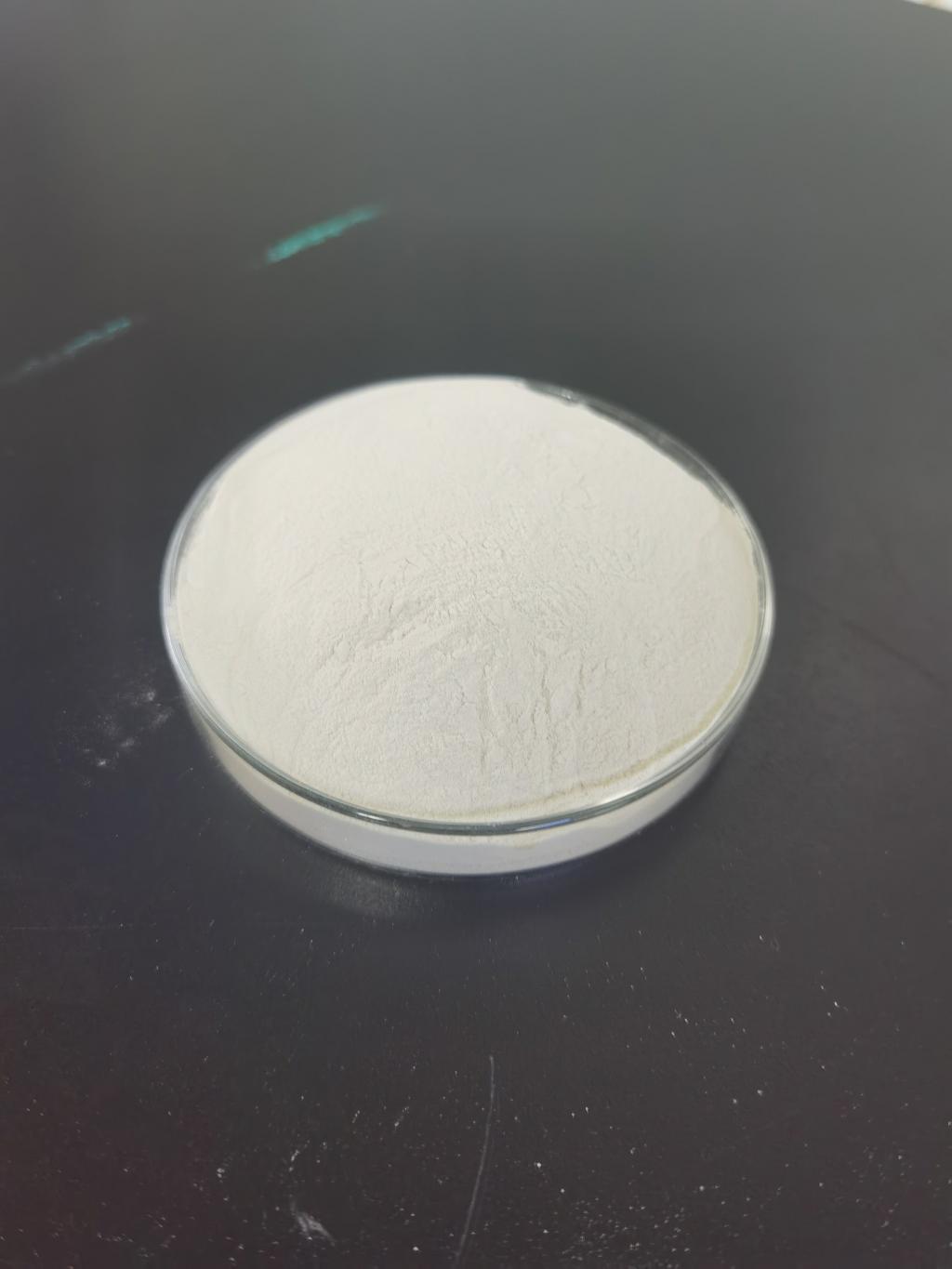Tel:+8618231198596

News
 CONTACT
CONTACT
 CONTACT
CONTACT
- Linkman:Linda Yao
- Tel: +8618231198596
- Email:linda.yao@dcpharma.cn
- Linkman:CHARLES.WANG
- Department:Overseas
- Tel: 0086 0311-85537378 0086 0311-85539701
News
Current Position:
Home >
News
>Nisin's ability to inhibit microbial growth enhances food safety standards.
Nisin's ability to inhibit microbial growth enhances food safety standards.
TIME:2024-03-28
Understanding Nisin and its Antimicrobial Properties
Nisin is a naturally occurring antimicrobial peptide produced by certain strains of bacteria, notably Lactococcus lactis. It exhibits potent activity against a broad spectrum of Gram-positive bacteria, including foodborne pathogens such as Listeria monocytogenes, Staphylococcus aureus, and Bacillus cereus. Nisin works by disrupting the cell membrane integrity of susceptible bacteria, leading to cell death and inhibition of growth. Its mode of action makes it an effective preservative for various food products, helping to extend shelf life and enhance food safety.
Applications in Food Production and Processing
In the food production and processing industry, nisin is used to control microbial contamination and prevent the growth of spoilage organisms. It is commonly incorporated into a wide range of products, including dairy foods, meat and poultry products, canned goods, and fermented foods. Nisin can be added directly to food formulations or applied as a surface treatment to inhibit the growth of pathogens during processing and packaging. By incorporating nisin into production processes, manufacturers can ensure the safety and quality of their products while meeting regulatory requirements and consumer expectations for safe and wholesome foods.
Enhancing Food Safety in the Dairy Industry
The dairy industry relies heavily on nisin as a natural preservative to inhibit the growth of spoilage bacteria and pathogens in milk and dairy products. Nisin is particularly effective against Gram-positive bacteria such as Lactococcus spp., Streptococcus spp., and Clostridium spp., which are common contaminants in dairy processing environments. By adding nisin to cheese, yogurt, and other dairy products, manufacturers can extend shelf life, reduce the risk of contamination, and maintain product quality. This helps ensure that consumers can enjoy safe and nutritious dairy products without compromising on taste or freshness.
Improving Meat and Poultry Safety
Meat and poultry products are susceptible to microbial contamination due to their high protein content and favorable growth conditions for bacteria. Nisin is used extensively in the meat industry to control the growth of spoilage organisms and pathogens such as Listeria monocytogenes and Clostridium perfringens. By incorporating nisin into meat brines, marinades, and coatings, processors can inhibit bacterial growth during storage and distribution, reducing the risk of foodborne illness and product spoilage. Nisin also offers advantages in terms of label-friendly formulations, allowing manufacturers to meet consumer demand for clean-label meat products without compromising on safety or quality.
Ensuring Safety in Canned and Shelf-Stable Foods
Canned and shelf-stable foods are susceptible to microbial contamination during processing and storage, particularly if inadequate sterilization procedures are employed. Nisin can be added to canned foods and shelf-stable products to inhibit the growth of spoilage organisms and pathogens, ensuring the safety and stability of these products over an extended period. By incorporating nisin into food formulations or applying it as a post-process treatment, manufacturers can enhance the microbiological safety of canned vegetables, soups, sauces, and other shelf-stable foods, reducing the risk of spoilage and ensuring product integrity throughout the distribution chain.
Contributing to Food Safety Across the Supply Chain
Nisin's role in enhancing food safety extends beyond production and processing facilities to encompass the entire supply chain, from distribution to retail and foodservice establishments. By incorporating nisin into food packaging materials, manufacturers can create a protective barrier against microbial contamination, extending the shelf life of packaged products and reducing the risk of foodborne illness. Nisin-enhanced packaging films, coatings, and liners help maintain product freshness and quality during transportation, storage, and display, ensuring that consumers receive safe and wholesome foods that meet their expectations for quality and safety.
Addressing Regulatory and Consumer Concerns
Nisin is generally recognized as safe (GRAS) by regulatory agencies such as the U.S. Food and Drug Administration (FDA) and the European Food Safety Authority (EFSA) when used in accordance with established guidelines and dosage limits. However, ongoing monitoring and risk assessments are essential to address any potential concerns related to antimicrobial resistance, allergenicity, or unintended effects. Manufacturers must adhere to good manufacturing practices (GMP) and labeling requirements to ensure the safe and legal use of nisin in food production and processing. Additionally, transparent communication with consumers regarding the use of nisin as a natural preservative helps build trust and confidence in the safety and integrity of food products.
Conclusion
Nisin plays a crucial role in enhancing food safety standards across various industries by inhibiting microbial growth and preventing contamination in a wide range of food products. Its natural origin, broad-spectrum activity, and label-friendly formulations make it an ideal preservative for ensuring the safety and quality of dairy products, meat and poultry products, canned goods, and shelf-stable foods. By incorporating nisin into production processes and packaging materials, manufacturers can extend shelf life, reduce food waste, and meet regulatory requirements while providing consumers with safe and wholesome foods that meet their expectations for quality and freshness. As the global food industry continues to prioritize food safety, nisin remains a valuable tool in safeguarding public health and ensuring the integrity of the food supply chain.
- Tel:+8618231198596
- Whatsapp:18231198596
- Chat With Skype







